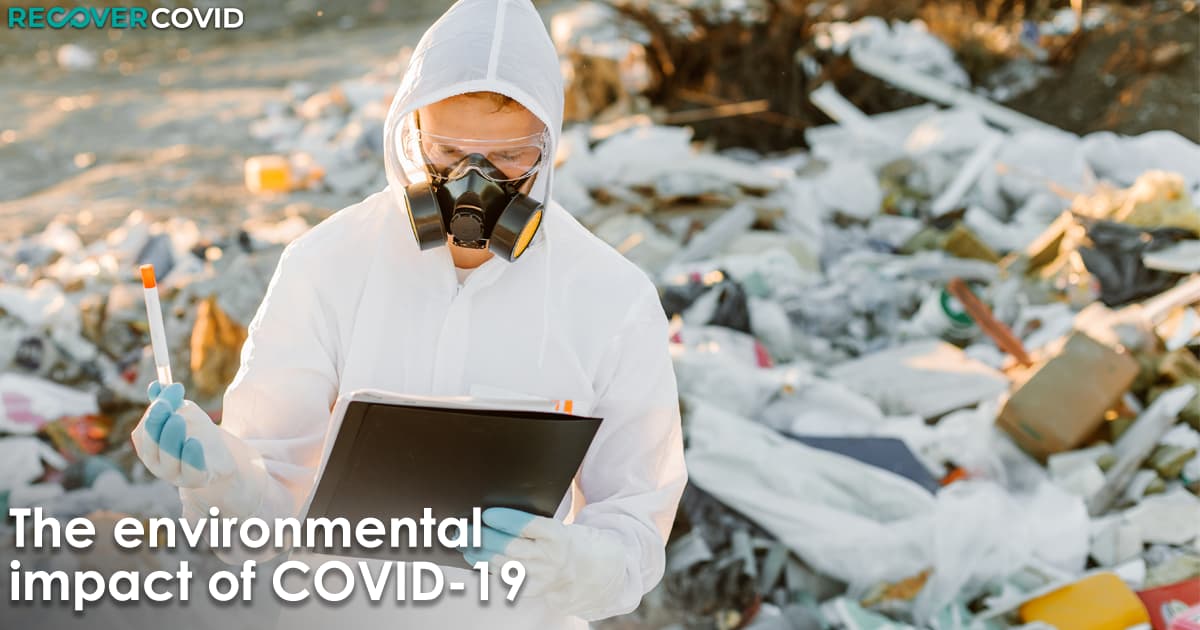The Environmental Impacts of the Coronavirus

The impact of the novel coronavirus has extended far beyond the scope of human society, now influencing the natural environment and its other inhabitants as well. Without any external factor exacerbating or subduing our effects, humans of course have a significant impact all their own. When taking into consideration how COVID-19 has modified that, its important to note both the positives and the negatives that have accompanied these changes.
The coronavirus has affected everything from our daily operations, to our consumer habits and waste production. This has wide-reaching effects on the environment as a whole, however it may not necessarily be as beneficial as you may initially assume. Although the coronavirus has put a halt to many of our negative habits, it has also made us more inclined to certain harmful behaviors.
Positive Effects on the Environment
The positive effects of the coronavirus on the environment are in some respects obvious. Certain forms of pollution have been dramatically reduced, such as noise and light pollution. A reduction in manufacturing and travel has also led to less air pollution. This has been a great benefit for some species that live in environments unaccustomed to human interference.
Littering has also been dramatically reduced in public areas where people often gather, such as beaches and parks. This decreases the amount of uncontrolled physical pollution in the environment, a particularly important factor for harmful compounds and plastics. As animals often consume inorganic waste products, and the environment often absorbs harmful and toxic compounds, this may help certain areas to have a much needed break and recuperate.
Negative Effects on the Environment
Some effects are far from beneficial however, and this may come as a surprise to many. Although people are no longer going out, and the negative environmental effects of that have reduced accordingly, their harmful habits have taken another form. Household waste, particularly that of plastics, have dramatically risen as people spent more time in their homes. This is likely due to an increase in delivery food services, as well as a rise in online ordering and purchasing. Both these behaviors come with many waste products associated with them.
A reduction in recycling has also been noted as people spent more time at home and handled an increasing waste load. Another, milder, form of littering has also been recorded. Things like face masks can now be found on city streets, as well as the natural environment. This is particularly harmful as many face masks are single use, therefore they contribute to the increasing waste produced during the pandemic.
How Will the Environment Fared After COVID-19?
The danger of the environmental impact caused by COVID-19 is that many people believe it to be wholly positive, which is far from the truth. Instead, the pandemic has brought a mix of both positives and negatives. The positives however are likely to be short lived, while the negatives like increased waste production have a lasting impact. It is essential that we identify and confront the new needs of people during the pandemic, and respond to the environmental consequences appropriately.
https://poll.fm/10578370
